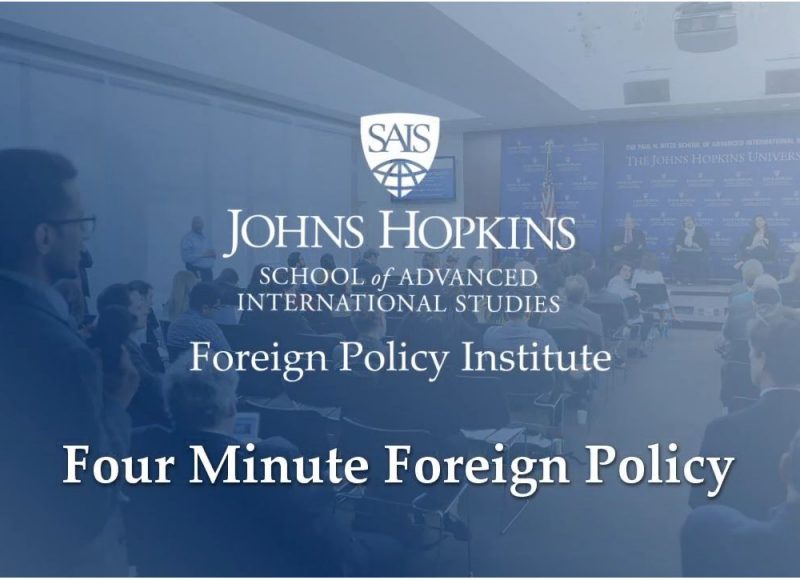
Turkey and MENA: Learning the Right Lessons
Turkey and MENA: Learning the Right Lessons
Turkey and MENA: Learning the Right Lessons
March 13, 2019
"Regimes react to societal developments, rather than triggering them," says JHU SAIS Foreign Policy Institute Visiting Scholar Cengiz Guenay. In this Four Minute Foreign Policy interview, we explore the lessons he has drawn from the region, with implications for developing regions worldwide.
What can Turkey and MENA (the Middle East and North Africa) generally teach us about state reactions to foreign intervention? To what extent do religion and culture make states' reactions unique? What should we expect of state-society interactions under authoritarian regimes?
Underlying these questions are more subtle issues of perspective. How has the security lens shaped – and limited – Western observations and analyses of the region? What assumptions need to be overcome to draw valuable lessons, such as answers to the questions above?
Cengiz Günay was Visiting Scholar at the Johns Hopkins University in Washington from September 2018 until May 2019.
